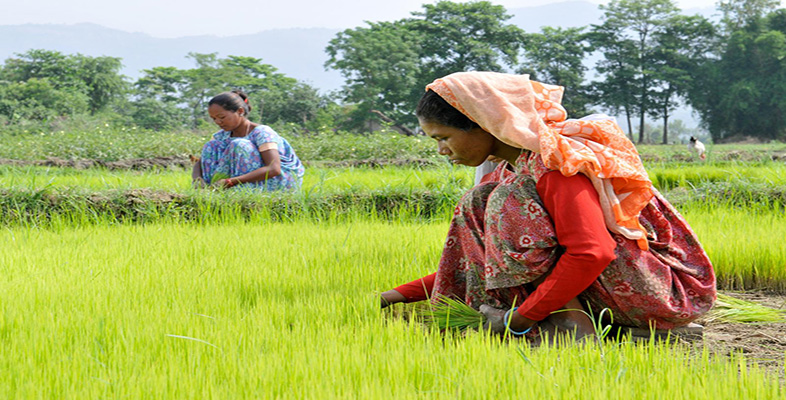2 Island territories, ocean flows
2.1 Issues of responsibility
The aftermath of the 2004 Indian Ocean tsunami saw an unprecedented aid effort to assist the affected regions. In the early days after the disaster, pledges of financial assistance from overseas governments were often outstripped by the generosity of their own populaces. This was a case when ordinary people around the world saw and were moved by the tragic circumstances of others far away (Rose, 2006), and they responded with gifts of money and provisions, and even with offers of their own skills or labour.
There has yet to be a crisis of this magnitude that has been pinned to anthropogenic climate change, though warnings of large-scale catastrophes from scientists and activists now abound. In contrast to natural disasters, however, climate change raises the issue of a different sort of responsibility: an obligation to others that arises not simply out of an upwelling of sympathy, but out of a feeling of being implicated in the lives of island peoples and the predicament in which they find themselves.
Iris Marion Young (2003) has written of a kind of responsibility that comes about when we recognise that we are connected by our own actions to the suffering or injustice experienced by others who may live far away from us (see Allen, 2006). What concerns us in this section is the way in which these connections operate in a case where the actions in question transform the physical world on the global scale. To begin to grasp the issues of responsibility this raises, we must also grapple with these transformations. As this section will also argue, the concepts of territory and flow help us make sense of how the world changes, offering an understanding of events that might otherwise seem too vast, complex and chaotic to pass into the realms of political consideration.
